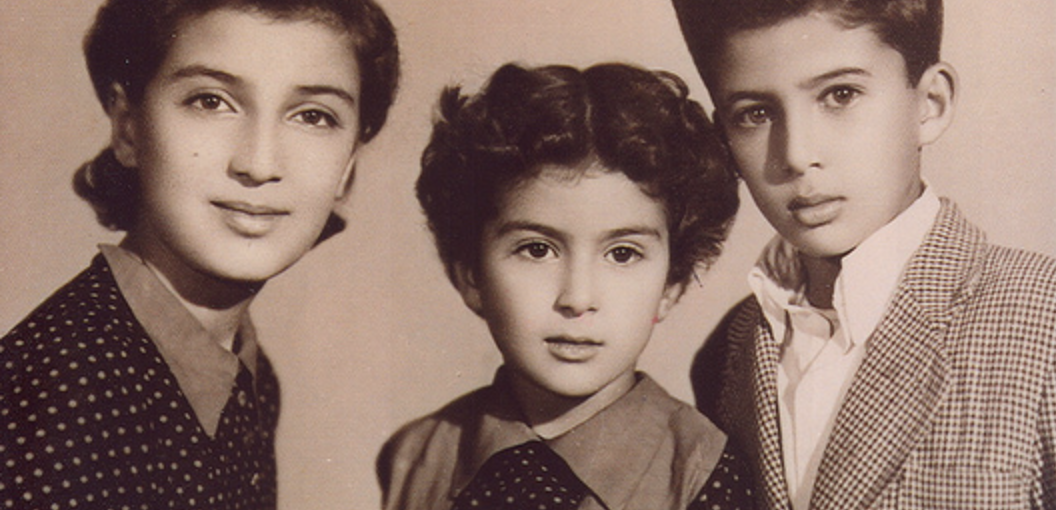Category: Global Women’s Movement
Prologue
A lifetime advocate for the rights of women, Mahnaz Afkhami works with women activists across the world, especially in Muslim majority societies, to help women become leaders in their communities. She is Founder and President of Women’s Learning Partnership for Rights, Development, and Peace (WLP), Executive Director of Foundation for Iranian Studies, and former Minister…
Past & Present Board Positions
International Advisory Group, AWID: 1998-2000 Board of Trustees, Farah University for Women, Iran: 1976-1979 Board of Trustees, Foundation for Iranian Studies: 1996-Present Board of Trustees, Freer and Sackler Galleries: 2012-Present Advisory Board,The Global Fund for Women: 1998-2007 Steering Committee, Women Waging Peace Initiative, Women and Public Policy Program of Harvard University’s John F. Kennedy School…
A Woman in Exile
At the time of the revolution, Mahnaz was in New York negotiating the terms of the contract for the establishment of United Nations International Research and Training Institute for the Advancement of Women (INSTRAW) in Iran. The revolutionary government confiscated her house, her papers, her pictures, mementos—all signs of her personal history and her individual experience.…

Early Inspiration
Mahnaz was born in 1941 in Kerman, Iran to a traditional family. When she was eleven, her mother, an independent-minded woman, separated from her father and later left Iran for the United States and worked her way through college. Mahnaz followed her mother’s example and worked various jobs, including as a sales clerk at a…
A Season of Change
Mahnaz returned to Iran in 1967 as a professor of literature at the National University of Iran, where she and her women students faced the challenge of negotiating their demand for independence, autonomy, and agency within a male-dominated culture and religion. She worked with her students to found the Association of University Women and together…
Revolution and Regression
The visibility of women became one of the main points of contention for the fundamentalist opposition to the Shah’s regime. Ayatollah Khomeini’s major contention was the presence of women in socio-political activity and their interference in the family laws. He had objected strongly to the franchise for women and had issued a fatwa that banned…
Preserving Iran's Culture and Heritage
The revolutionary government banned books of fiction and poetry, including the works of Ferdowsi and Hafez, Iran’s most revered poets. They made music and dance illegal. School books were changed to offer a revisionist history of Iran. Hundreds of thousands of Iranians moved abroad. Mahnaz worked with colleagues from the National University of Iran to…
